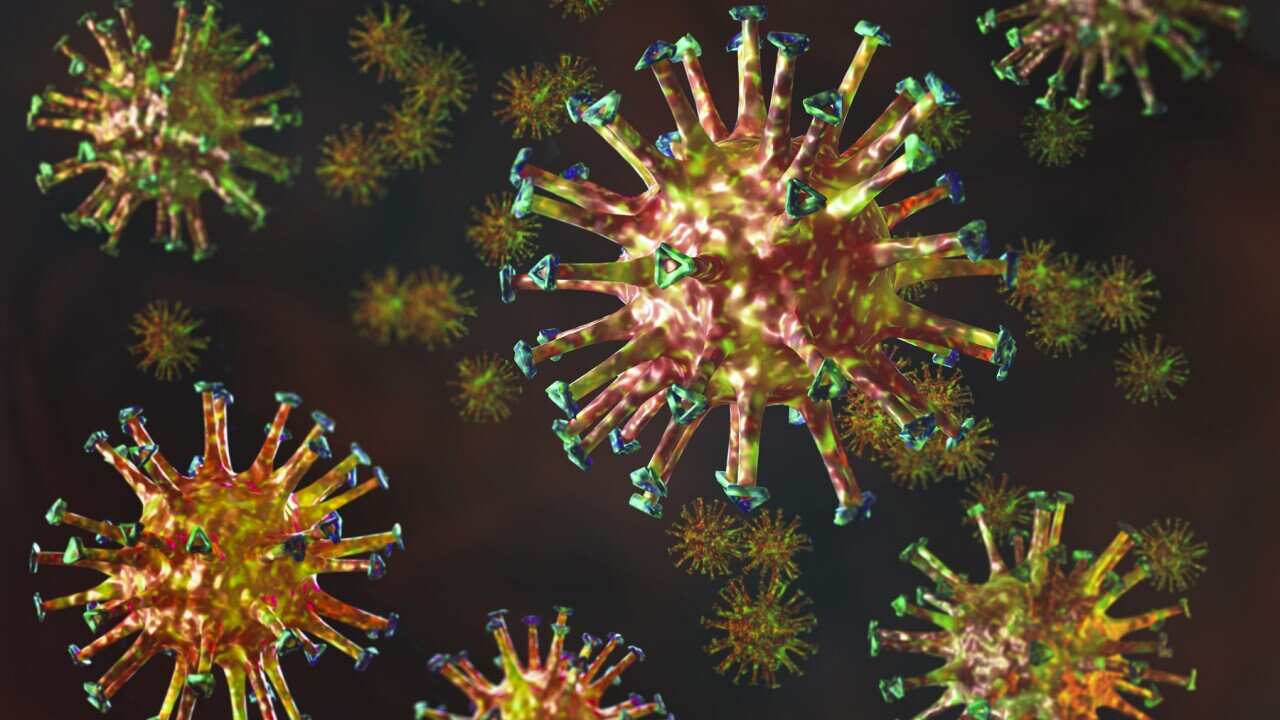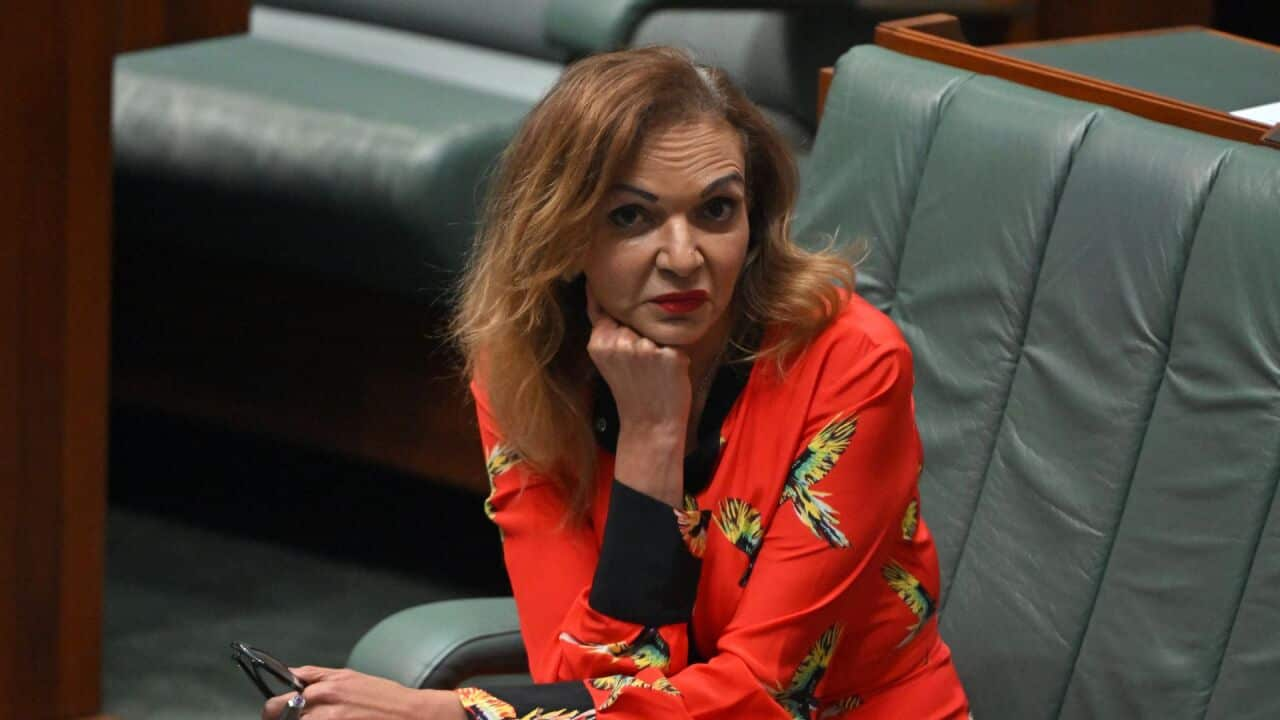The Delta variant, first identified in India, has now been reported in at least 80 countries. It now makes up 99 per cent of new infections in the United Kingdom, and 90 per cent in Russia.
Research from Public Health England estimates Delta has a reproductive value of six, compared to between two to three from the other mutated variants.
That means for every one person infected with Delta, six other people will catch the virus.
Professor Bennett says the Alpha variant was becoming the dominant variant in Australia, but it has been overtaken by Delta.
“We were seeing (Alpha) being brought in with returning travellers. But now whether it's people from Asia, Europe or North America the chances are it's going to be a Delta variant if they do happen to be positive. So I think we have to get used to the fact that Delta will be the dominant global variant, and that's the one we really need to be focused on.”
In Australia, there have been multiple outbreaks of COVID-19 that can be traced back to the Delta or Alpha variant.
While Delta is quickly becoming the country's dominant variant, there are also warnings about the Kappa variant, also known as the ‘other’ variant that was first identified in India.
Professor Booy explains that RNA viruses tend to mutate “very easily”, which explains the high number of COVID-19 variants - of which there are several others, like the Beta and Gamma variant, wreaking havoc overseas.
“COVID-19, like influenza, doesn't copy itself very well at all, so the progeny, the babies of one virus, can be slightly different, mutated from the original virus .Viruses want to survive just like how you and I want to survive, and so although they don't have volition, they can't make a decision. The viruses that do survive are those that can transmit, so in mutating those that are able to transmit from one person to another and on and on are those that become entrenched in the community.”
Click on the player at the top of the page to listen to the news bulletin in Punjabi.
People in Australia must stay at least 1.5 meters away from others. Check your state’s restrictions on gathering limits.
If you are experiencing cold or flu symptoms, stay home and arrange a test by calling your doctor or contact the Coronavirus Health Information Hotline on 1800 020 080. News and information is available in 63 languages at sbs.com.au/coronavirus
Listen to SBS Punjabi Monday to Friday at 9 pm. Follow us on Facebook and Twitter.




